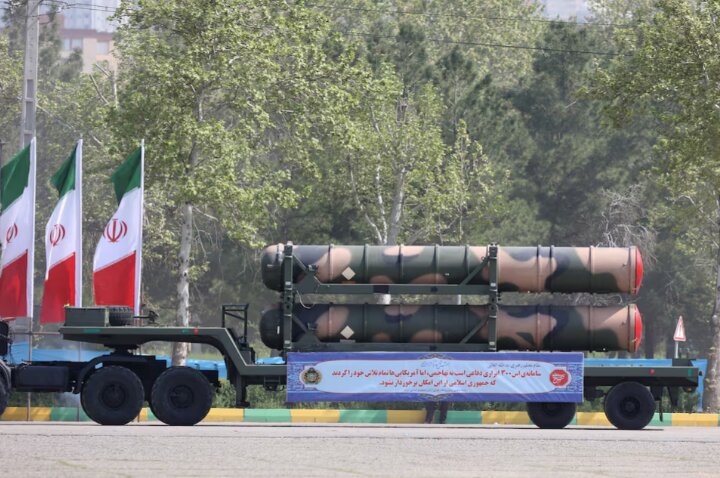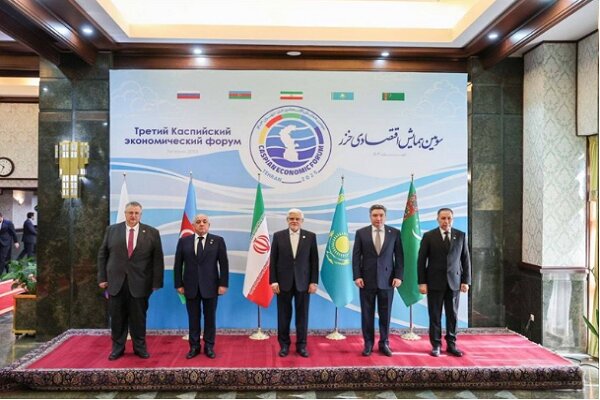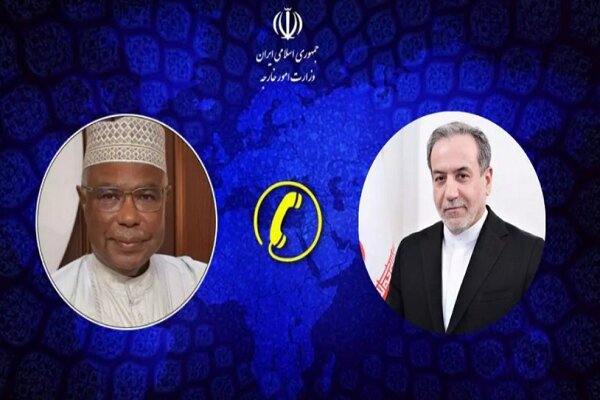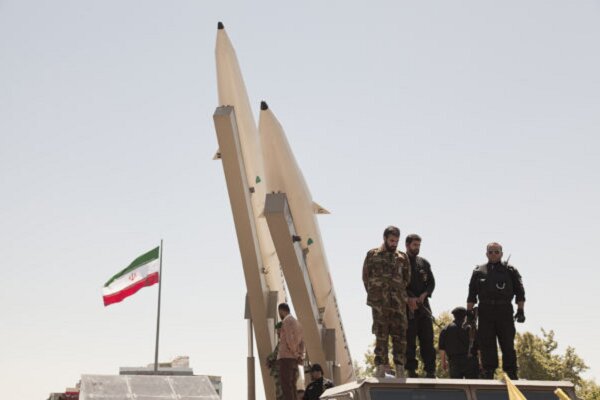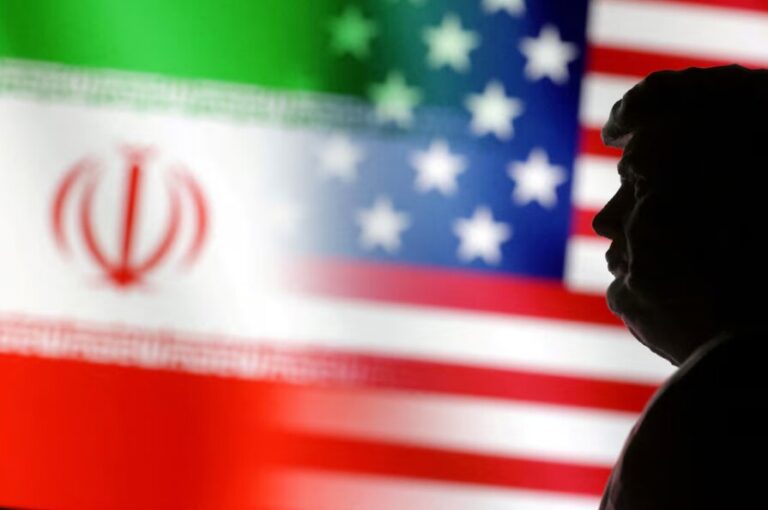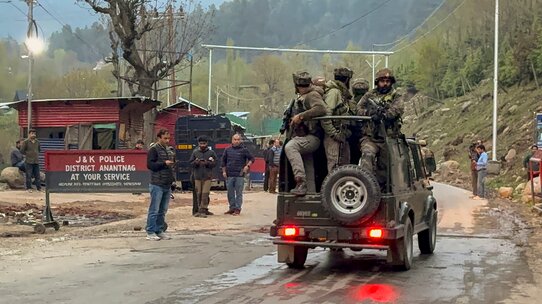United Muslim Nations: A Powerful Force Against Oppression
If Muslims stand united, they can effectively thwart any attempts at oppression by external forces. This sentiment was echoed in a recent conversation between Pezeshkian and Mahdi al-Mashat, the chairman of Yemen’s Supreme Political Council. The dialogue sheds light on the ongoing crises in Yemen and the broader implications for Islamic unity amidst the backdrop of persistent foreign interventions.
On Thursday, Pezeshkian emphasized the importance of Muslim unity during his discussion with al-Mashat. This conversation took place as US airstrikes continued for the third consecutive week, inflicting casualties on innocent civilians in Yemen, a country already grappling with multiple challenges.
During their exchange, al-Mashat highlighted the pride that comes from Iran’s unwavering support for Islamic unity. He pointed out that if Islamic nations concentrate on their shared values and work collaboratively, they can resist the imperialist ambitions that seek to divide and conquer them.
Al-Mashat further remarked on the disparity between the actual situation in Yemen and the narrative propagated by adversaries. He expressed his belief that Muslims fundamentally share commonalities that can pave the way for unity, enabling them to prevail over their enemies.
The ongoing conflict has seen Yemenis actively targeting Israeli and American interests in support of Palestinians in Gaza, especially since the outbreak of a devastating war initiated by the Zionist regime on October 7, 2023. This response also comes in light of the US-UK military aggression affecting their homeland.
The Yemeni Armed Forces have made it clear that their operations will persist until Israel’s offensive actions in Gaza cease. Notably, these military efforts have resulted in the effective shutdown of the Eilat port, located in the southern region of the occupied territories, leading to considerable economic repercussions for Israel.
- US Airstrikes: The airstrikes in Yemen have led to numerous civilian casualties, raising humanitarian concerns.
- Support for Palestine: Yemenis have intensified their actions against Israeli and American targets as a show of solidarity with Gaza.
- Economic Impact: The closure of the Eilat port has resulted in significant economic setbacks for Israel.
- Yemeni Armed Forces’ Commitment: They vow to continue their military operations until hostilities in Gaza are halted.
This situation underscores the importance of solidarity among Muslim nations in the face of external aggression. The dialogue between Pezeshkian and al-Mashat is a reminder of the potential strength that can arise from unity, particularly in challenging times. As they face oppression, the hope is that mutual understanding and collaboration will prevail over division.
In conclusion, the ongoing conflict in Yemen and the support for Palestine illustrate the need for a united front among Muslim countries. Only through collective efforts can they hope to resist the pressures of imperialism and ensure the protection of their sovereignty and rights.
As the situation continues to evolve, the global community watches closely. The actions taken by Yemen and its allies may serve as a pivotal moment for Islamic unity, potentially reshaping the geopolitical landscape in the region.

